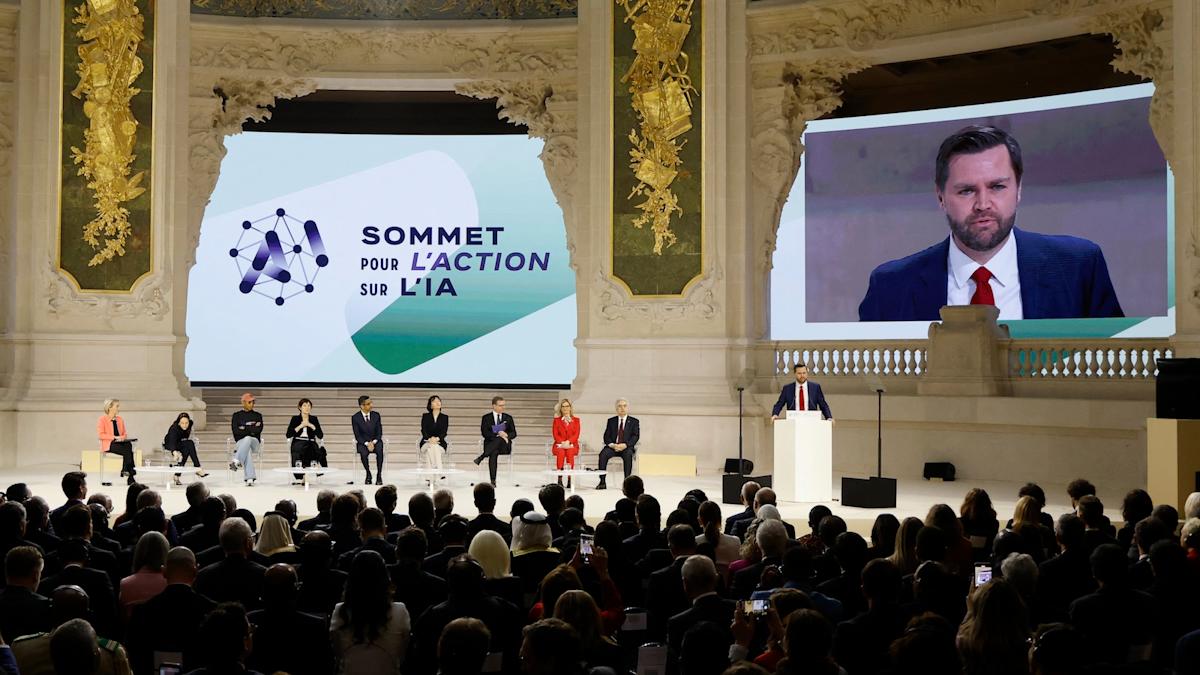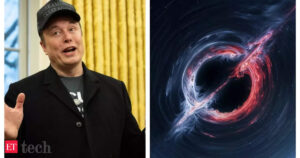Top Celebrities Take on OpenAI and Google Regarding Copyright Exceptions for AI Model Training

Controversy Over AI Regulations: A Clash of Interests
Introduction to the AI Summit
Recently, at an AI summit held in Paris, Vice President JD Vance expressed strong discontent towards the European Union’s approach to regulating artificial intelligence. He characterized their regulations as "excessive" and cautioned that they could stifle innovation in the technology sector. Vance’s remarks resonated with major players in the tech industry, particularly Google and OpenAI, who have been vocal about their own strategies and perspectives on AI regulation.
Calls Against Regulation
Tech Giants Speak Up
In the previous week, both Google and OpenAI submitted formal proposals to the White House Office of Science and Technology Policy (OSTP), advocating for a more lenient regulatory atmosphere regarding artificial intelligence. Their core argument? They believe that AI companies should be able to circumvent certain copyright laws to foster innovation. This approach, they say, is critical not just for the tech industry’s growth but also for national competitiveness and security.
The Fair Use Doctrine
Both companies suggested applying the fair use doctrine to AI, which would permit tech firms to utilize existing copyrighted materials without seeking permission from or compensating the rights holders. OpenAI posited that this would enhance American competitiveness, while Google emphasized its importance for advancing scientific research.
Hollywood’s Response: Protecting Intellectual Property
An Open Letter Against Exceptions
In response to the tech giants’ proposals, over 400 industry professionals—including directors, actors, musicians, and other creative workers—signed an open letter addressed to the OSTP. This letter argues against granting any exceptions to copyright laws for tech companies. The signatories firmly expressed their belief that preserving copyright protections is essential for creative industries, stating, “America’s global AI leadership must not come at the expense of our essential creative industries.”
The Economic Impact
The entertainment sector significantly contributes to the American economy, supporting over 2.3 million jobs and generating more than $229 billion in wages annually. Signatories highlighted the need to safeguard their work, insisting that AI should not undermine this crucial cultural and economic foundation.
Notable Signatories
Among the prominent figures supporting this letter are acclaimed individuals such as Guillermo del Toro, Paul McCartney, and Taika Waititi. Their involvement highlights the depth of concern within the entertainment community regarding AI’s potential impact on intellectual property.
Academic and Scientific Claims by Tech Companies
Google’s Argument
Google defends its initiatives by claiming that its AI models aid in summarizing vast amounts of scientific literature and accelerating scientific discoveries. They argue that limiting their access to data would hinder not only technological advancements but also the broader scientific community.
OpenAI’s Position
OpenAI asserts that its AI models are designed not to replicate copyrighted works for public consumption. They maintain that their operations are already aligned with fair use principles and do not infringe on copyrights with their current practices. However, disputes regarding copyright infringement have already emerged, as highlighted by ongoing legal actions involving major industry players like The New York Times.
Hollywood’s Ongoing Negotiations
The issue of compensation and rights has already been a point of contention in Hollywood, especially during labor negotiations in 2023. Studio agreements now require transparency regarding how AI is utilized, including whether the work of creatives is used to train AI models.
Emerging AI Ventures
Interestingly, some individuals within the entertainment sector are exploring AI’s possibilities without compromising copyright. Natasha Lyonne and Bryn Mooser co-founded Asteria, where they developed a ‘clean’ model called Marey that does not rely on copyrighted material. This suggests a growing awareness and effort to align AI development with ethical considerations.
Divergent Paths Ahead
As the discussions around AI and copyright continue, it is clear that the balance between innovation and the protection of intellectual property remains a contentious issue. Tech companies and creative professionals are now navigating an increasingly complex landscape where collaboration, rights, and regulations will shape the future of artificial intelligence.





